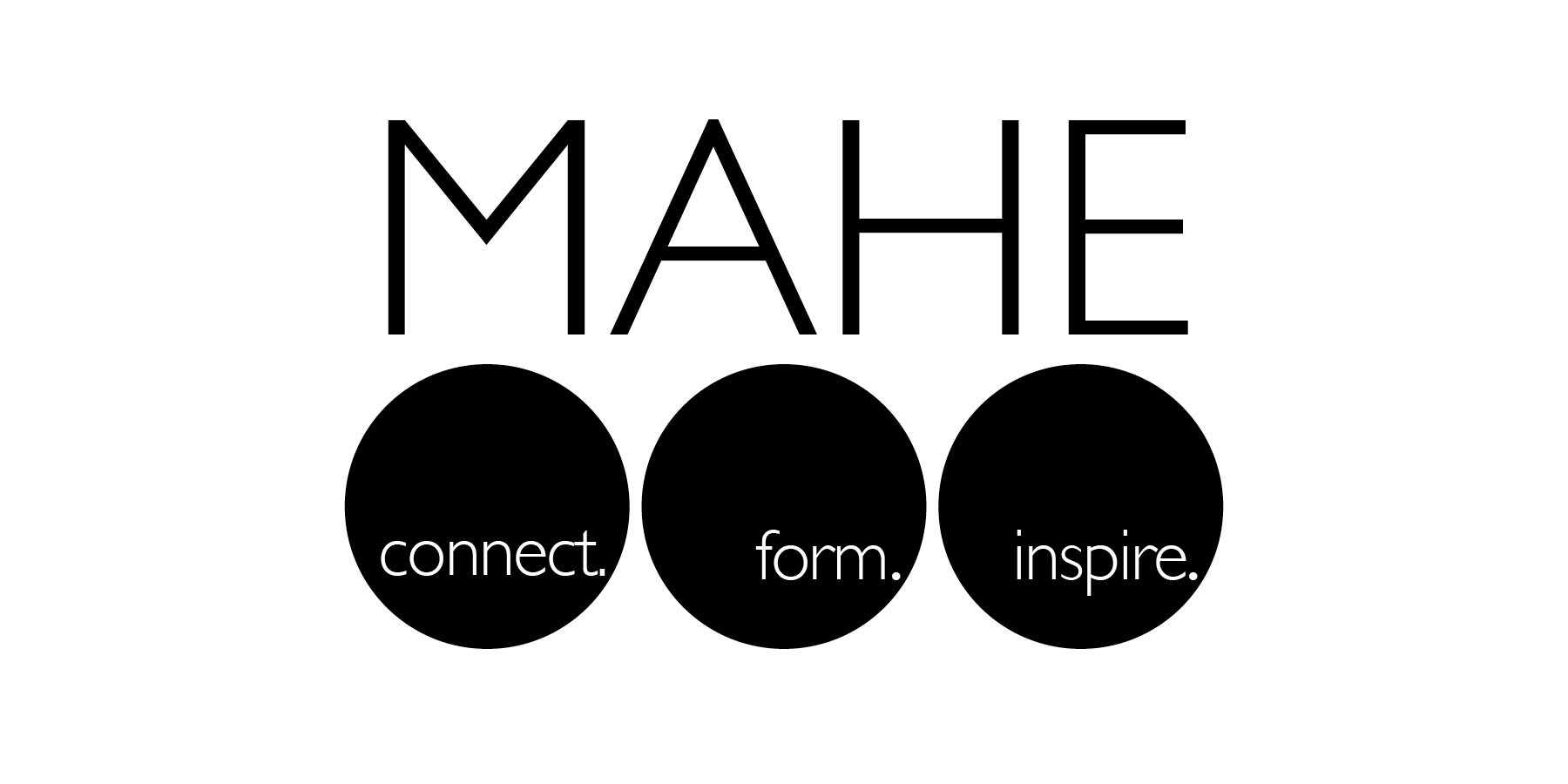Master of Arts in Higher Education (MAHE) Theses
Date of Award
2013
Document Type
Thesis
Degree Name
Master of Arts (MA)
First Advisor
Matthew Renfrow
Second Advisor
Scott Gaier
Third Advisor
Scott Moeschberger
Abstract
Higher education is a fertile learning environment for student leaders. Theorists have asserted the worth of student leadership education as a core developmental component within the four-year undergraduate experience (Astin, 1993; Komives et al., 2011; Komives & Wagner, 2009; Kouzes and Posner, 2008; Roberts, 2007). This study utilized a pre-test, post-test design incorporating the Student Leadership Practice Inventory (SLPI) to assess a student life orientation program (N=38) and to evaluate the change in student leadership skills due to the experiential orientation intervention at a small, private, Christian university on the west coast. Some components of the intervention included journaling quiet times (self), dramatic crisis role-play situations (group), and leadership skill teaching (community). Dependent t-tests of the research results revealed significant improvements in three leadership practices: Model the Way, Challenge the Process, and Enable Others to Act, while Inspire a Shared Vision and Encourage the Heart did not change.
Based on the study’s findings, a one-week experiential orientation can improve student leadership, particularly when using experiential components that focus on basic understanding, reflection, critical thinking, and experimentation in experiences that focus on self, group, and community. However, these experiential foci may be less modifiable, given the structure of some orientation programs. In the future, program designers should focus specifically on grounding programs in theory of experiential learning and leadership theory. This will make programs theory based, well thought, and intentional, aiding student leaders in their leadership development.
Recommended Citation
Denney, Logan R., "Student Leadership Development: A Focus on Experiential Leadership Orientation Within Higher Education" (2013). Master of Arts in Higher Education (MAHE) Theses. 94.
https://pillars.taylor.edu/mahe/94


